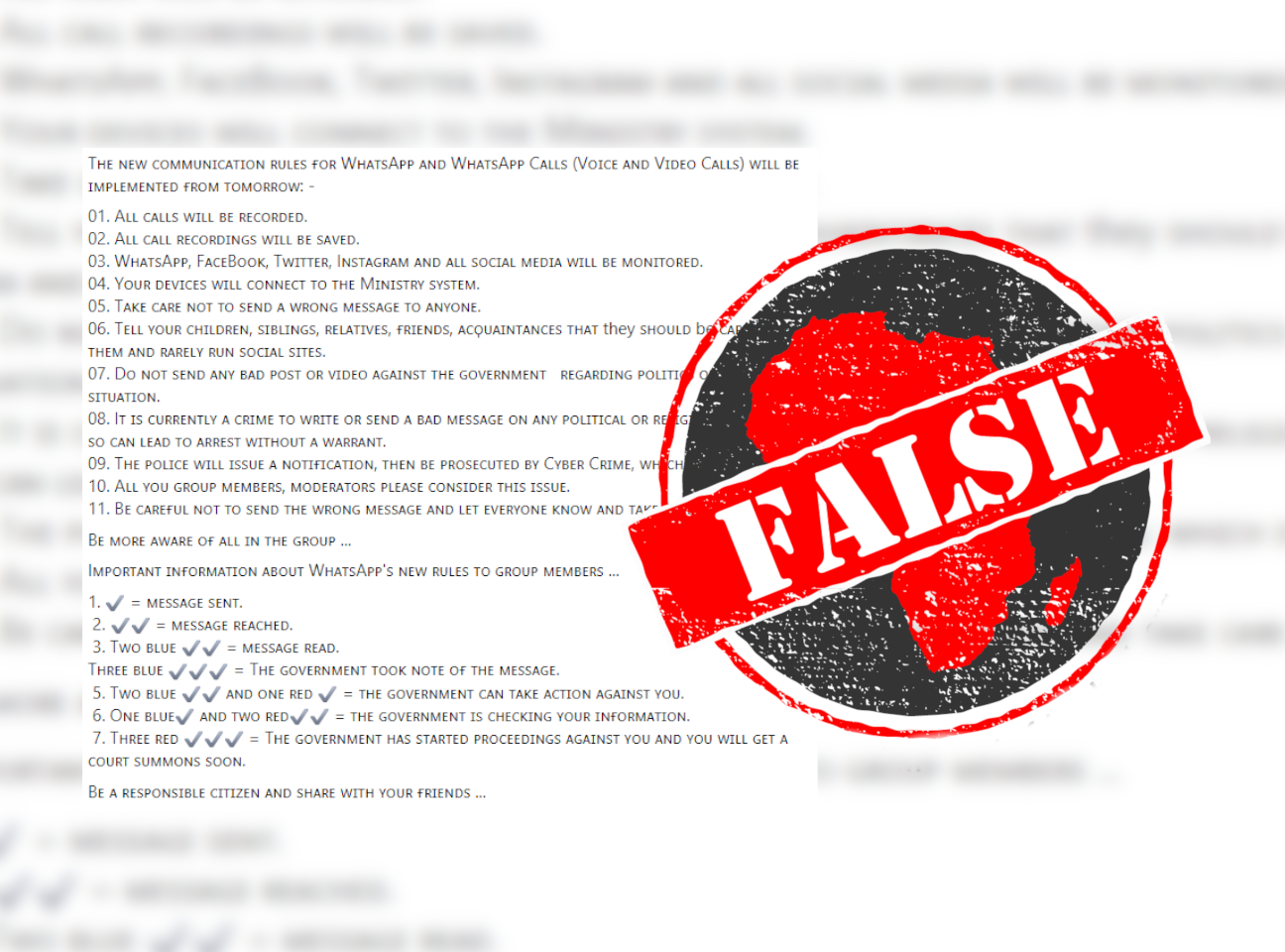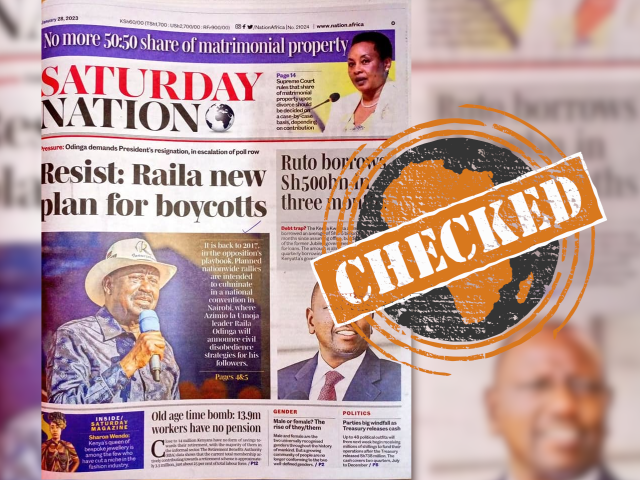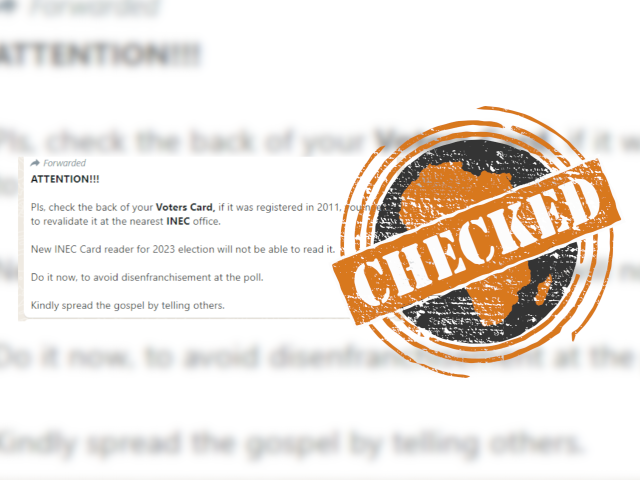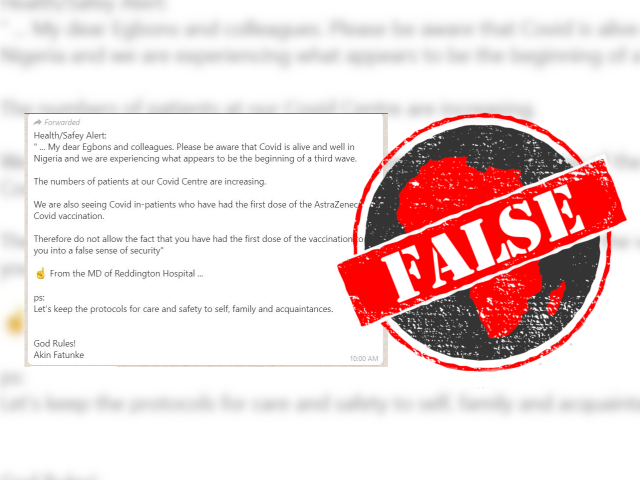IN SHORT: An online message from 2021 has resurfaced in Kenya claiming that all WhatsApp calls will be recorded, social media monitored, and that “devices will connect to the ministry system”. But WhatsApp told us that its encryption technology means nobody can listen in on your messages and calls – not even WhatsApp.
A viral message circulating on Facebook and WhatsApp in Kenya in September 2022 claims that alarming new government surveillance “rules” for the app will soon come into effect.
“The new communication rules for WhatsApp and WhatsApp calls (voice and video calls) will be implemented from tomorrow,” it begins.
It then lists 11 rules, although some versions are screengrabs that cut off at the eighth or so rule. The first few rules are:
- All calls will be recorded.
- All call recordings will be saved.
- WhatsApp, Facebook, Twitter, Instagram and all social media will be monitored.
- Your devices will connect to the ministry system.
Further rules warn users to “not send any bad post or video against the government regarding politics or the current situation”.
Another reads: “It is currently a crime to write or send a bad message on any political or religious issue. Doing so can lead to arrest without a warrant.”
The message is fairly old. Africa Check found that it has been doing the rounds online in several countries across the world since at least May 2021, as can be seen here, here, here, here and here.
Its reappearance in Kenya in September 2022 coincides with political anxiety about digital surveillance by the government.
But are its claims true?

All WhatsApp messages remain end-to-end encrypted
The message does not mention the country where these “rules” will be implemented. It also does not have a date.
There has been no official information from any Kenyan ministry about “new communication rules” for WhatsApp.
We reached out to WhatsApp for comment.
“This is false,” a spokesperson told us via email. “All messages on WhatsApp are end-to-end encrypted, meaning only the sender or the receiver can see or hear your messages, nobody else. Not even WhatsApp.”
The message is false. WhatsApp remains fully encrypted. No government – and nobody else – will be able to record or monitor your messages and calls on the app.
Republish our content for free
For publishers: what to do if your post is rated false
A fact-checker has rated your Facebook or Instagram post as “false”, “altered”, “partly false” or “missing context”. This could have serious consequences. What do you do?
Click on our guide for the steps you should follow.
Publishers guideAfrica Check teams up with Facebook
Africa Check is a partner in Meta's third-party fact-checking programme to help stop the spread of false information on social media.
The content we rate as “false” will be downgraded on Facebook and Instagram. This means fewer people will see it.
You can also help identify false information on Facebook. This guide explains how.





Add new comment